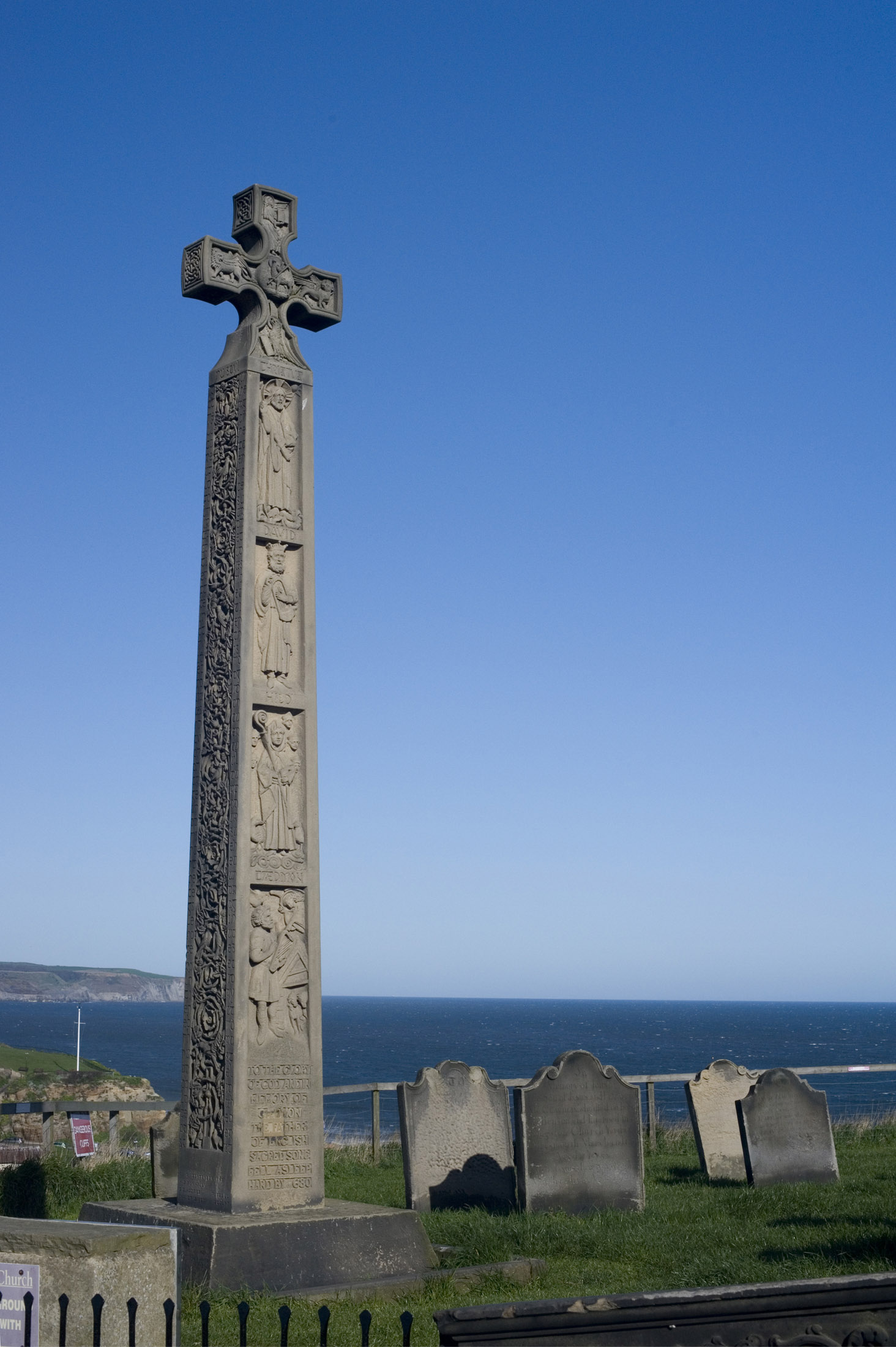

Now we must praise the Maker of the heavenly kingdom, the power of the Creator and his counsel, the deeds of the Father of glory and how He, since he is the eternal God, was the Author of all marvels and first created the heavens as a roof for the children of men and then, the almighty Guardian of the human race, created the earth.

Nunc laudare debemus auctorem regni caelestis, potentiam Creatoris et consilium illius, facta Patris gloriae: quomodo ille, cum sit aeternus Deus, omnium miraculorum auctor extitit, qui primo filiis hominum caelum pro culmine tecti, dehinc terram Custos humani generis omnipotens creauit. about the beginning of created things.” Almost immediately he begins his famous Hymn, which Bede paraphrases in Latin for the benefit of his readers: When the visitor insists, however, he gives in. Explaining that he cannot, and, indeed, that he has just left the feast for that reason, Cædmon at first refuses. Having left such a gathering one night and returned to his stables, Cædmon fell asleep, whereupon he was addressed in his dream by “someone” (Bede uses the Latin indefinite pronoun quidam), who asks him to sing for him. Although the singing of vernacular songs was a customary entertainment at the abbey, Cædmon himself never learned to sing, and, as a result, used to leave feasts before he could be called upon to do so. § 1.2 According to Bede, Cædmon was an old lay herdsman in the religious community of Streanæshalch (Whitby Abbey). § 1.1 Bede tells the story of the herdsman Cædmon and how he learned to sing in Book IV, Chapter 24 of the eighth-century Historia ecclesiastica (ed.


 0 kommentar(er)
0 kommentar(er)
